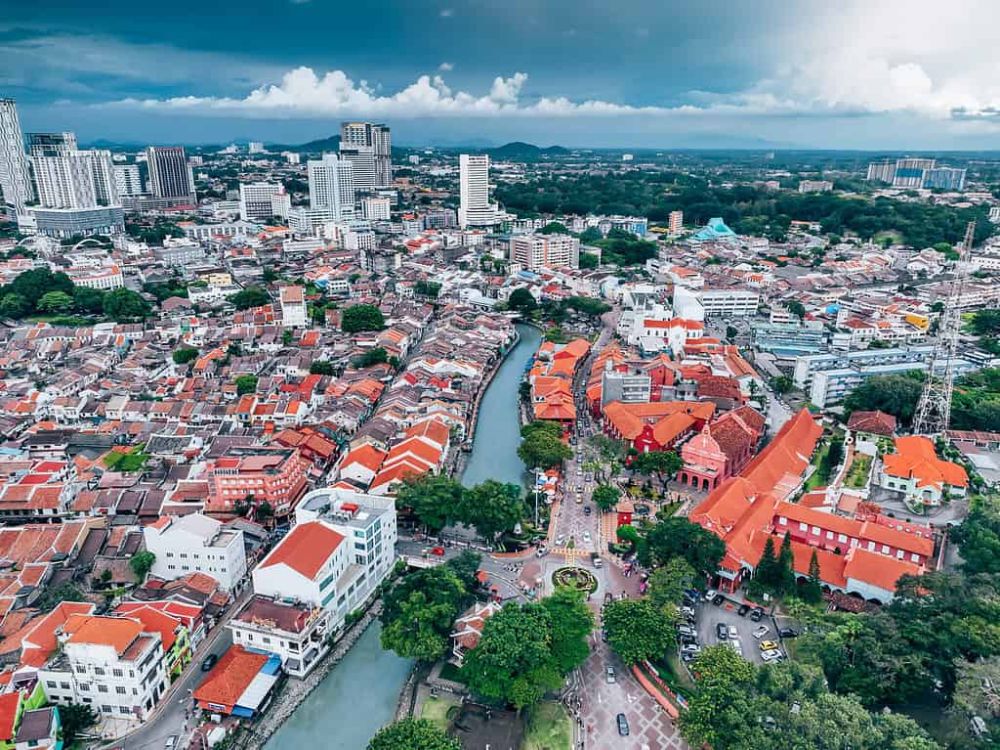

Malacca City, the capital of the state of Malacca in Malaysia, is a rich historical tapestry woven with centuries-old culture and heritage. Known colloquially as Melaka, this city is a testament to Malaysia's diverse historical influences, from the Malay Sultanates to the Portuguese, Dutch, and British colonizations. It was once a bustling maritime trading center and is now a popular destination for history buffs and cultural enthusiasts.
Malacca's timeline as a tourist destination can be traced back to its historical significance and the establishment of trade links among various foreign entities. The city's tourism history, however, began to flourish notably with the declaration of Independence in 1957. As Malaysia began to develop its identity and promote its cultural heritage, travelers from around the world started exploring the cultural intricacies of cities like Malacca.
The pivotal moment in the history of Malacca's tourism was its inscription, along with Georgetown of Penang, as a UNESCO World Heritage Site in 2008. This recognition of the Historical City of Malacca catapulted it to global prominence, encouraging an influx of tourists keen on exploring its well-preserved colonial architectures, historical landmarks, and vibrant traditions. Prestigious titles such as this have a profound impact on a destination's visibility and appeal, often resulting in greater tourist arrivals.
Key attractions that have continually drawn visitors include the iconic Red Square (Dutch Square), the majestic ruins of A’ Famosa Fort, the serene Malacca River, and the panoramic St. Paul's Hill (Bukit St. Paul). The Baba Nyonya Heritage Museum and the bustling Jonker Street also serve as anchors to Malacca's tourism, offering insight into the Peranakan culture and legacy of this quaint city.
In recent years, Malacca has seen an evolving tourism landscape, with a growing emphasis on sustainable and responsible travel experiences. Tourists are increasingly drawn to authentic, community-based tours that focus on local traditions, such as learning traditional crafts and cuisine. The trend of engaging in eco-tourism is also on the rise, with Malaysia's government and local stakeholders recognizing the importance of preserving Malacca's rich cultural and environmental assets.
The utilization of technology, such as virtual tours and augmented reality experiences at historical sites, has surfaced as a significant trend, especially in the wake of travel restrictions due to global events like the COVID-19 pandemic. Moreover, Malacca's tourism sector has been adapting to cater to the digital nomad community, given the rise of remote work opportunities which in turn has encouraged longer stays and repeat visits.
In conclusion, Malacacca City's rich historical tapestry, combined with its modern-day allure, ensures its position as a premier destination within Malaysia's tourism landscape. As the city continues to balance its storied past with innovative tourism experiences, it remains poised to captivate the hearts of travelers for generations to come.